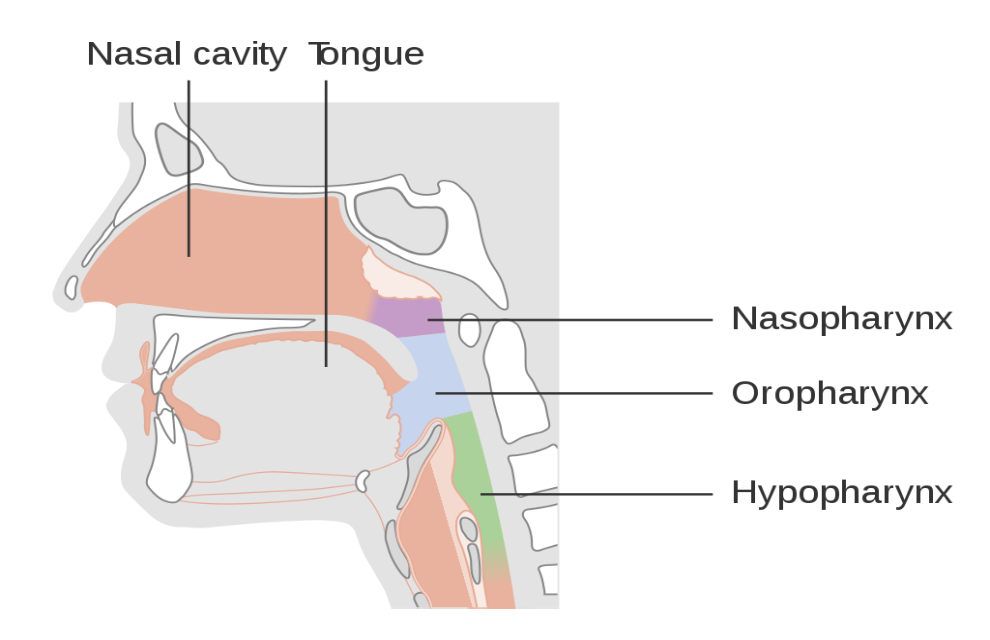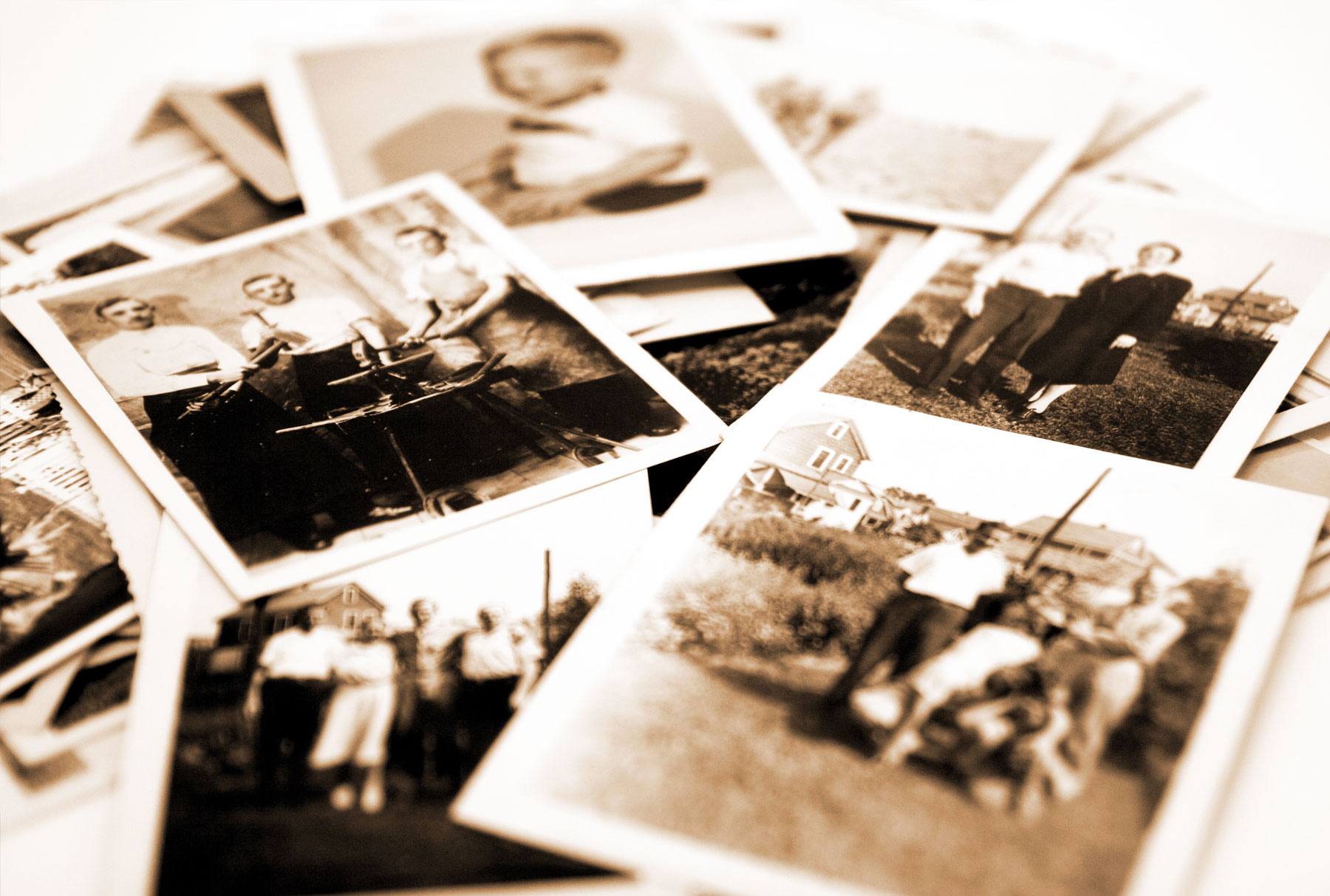Research Projects
We support all aspects of humanities research.
Environmental Humanities
We're enhancing interdisciplinary research to better understand our natural world.
In April 2019 Newcastle University declared a climate emergency and made a commitment to support change through research and teaching. Clearly, dealing with this emergency involves dealing with questions related to the environmental humanities - a collection of ideas emerging from a belief that we need more than scientific solutions to address the precarity of our planet’s habitability. Following a preliminary workshop in February, Shane McCorristine (HCA) and Ella Mershon (SELLL) have been awarded NUHRI funding to develop a new environmental humanities initiative in the University next year. This will enable researchers working on EH and environmental science topics across faculties to connect, drawing on the scholarship, collections, and institutional supports in the University.
For more information on this project, please contact either Shane McCorristine or Ella Mershon.
Exploring the reading experiences of secondary school readers: is there potential for digital tools to bring texts to life?
For more information contact Faye Smith.
.jpg)
History, Heritage, Memory and beyond – fuzzy boundaries or productive synergies?
This project will promote and encourage research cooperation and networking between the Faculty of humanities and Social Science and The Research Alliance.
The project will encompass a public workshop focused on interdisciplinary future research directions in heritage, history and memory. An internal sandpit will allow HASS colleagues to get to know key representatives from the Research Alliance, offering structured networking activities in small groups, and free-flow time for informal networking.
The public workshop will discuss the challenges and opportunities inherent to the interdisciplinary fields of Memory Studies, (Critical) Heritage Studies, (Public) History, and beyond. What is changing in terms of boundary-keeping between disciplinary communities? Are new fields, concepts and forms of knowledge developing, and if so, with what aims and ambitions?
The workshop will result in a special issue of an academic journal, and in generating greater awareness of Newcastle University’s strengths in Heritage, History and Memory. The sandpit will enable new connections and relationships to be built between HASS colleagues and Research Alliance members.
For more information about this project please contact Dr Susannah Eckersley Susannah.Eckersley@newcastle.ac.uk
Newcastle Voice Researchers Network
Hosted by The Word, South Shields, Friday 1st June 2018.
‘The voice is sound not speech. But speech constitutes its essential destination.’ (Adriana Cavarera, For More Than One Voice: Toward a Philosophy of Vocal Expression).
This event was funded as an Institute Banner Project. It had two key research questions:
- How do we recover the voice, past and present?
This question is relevant to arts and humanities scholars and practitioners who work historically with textual sources only. It is also relevant to clinicians who work with patients who have had major surgery on their vocal cords. In both cases the voice is ‘lost’. - How do we work together across faculties and sectors to understand the cultural value of voice?
The voice was the focus of the day. Attendees came from different disciplines and sectors. There were participants from places as diverse as Opera North, Leeds, to the Royal Marsden Hospital, London. We discussed what we mean by voice including tone, timbre, and pace. We also discussed why it matters.
First, we recognised that we still have no shared language for describing the voice. Does the description of a voice as husky or scratchy mean the same thing in different cultures? We also recognised that disciplines have different histories when it comes to foregrounding the voice as an object of study.
Some are more silent than others. Or rather, some move too quickly from physical voice to metaphor when the two are inextricably linked. A productive next step would be the recovery of the history of the voice in different disciplines to enable our conversation to continue. On one point, though, we were all agreed: that the voice is a carrier of meaning in and of itself beyond words. Even its silence is meaningful.
Many thanks to our brilliant provocateurs:
- Richard Wistreich (Royal College of Music)
- Jo Nockels (Opera North)
- Peter Adegbie (preacher & poet, Sunderland)
- Vinidh Paleri (Royal Marsden, London)
- Sue Bradley (Rural Economy and The Oral History Collective, NU)
- Felicity Laurence (independent musical educationalist)
- Christos Salis (Education, Communication, Language Sciences, NU)
- Christos Kakalis (Architecture, Planning, Landscape, NU)
You can read Helen Shaddock’s blog post about the day, Recovering the Voice event at The Word.

Cancer Research UK / Wikimedia Commons
SeaScapes. Tyne to Tees, Shores and Seas
The SeaScapes Project is a £5 million project that aims to involve communities along the North East coast between the River Tyne and the River Tees in the protection and celebration of an amazing stretch of coastline. The scheme encompasses 23 small projects both on-shore and beneath the sea that will allow locals and visitors alike to uncover the hidden ‘beneath the waves’ heritage of this coastline and to value, protect and reconnect with this remarkable shoreline. The project seeks to encourage local ownership of this shoreline and actively encourage communities to participate in efforts that will revitalise and sustain this beautiful natural, industrial, cultural and maritime landscape for generations to come.
For more information visit http://www.exploreseascapes.co.uk/ or email Maggie Roe.
